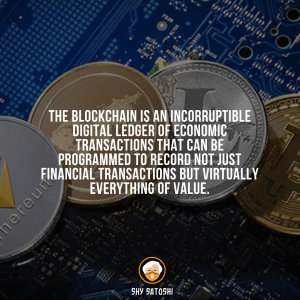What is decentralized finance? It is a theory that says the system of money is decentralized, meaning that it is organized in a way that allows individuals and groups to control their money instead of big banks or government institutions. The underlying idea is that individuals and small groups have the ability to control their money rather than large institutions, since their individual devices can track every transaction they make.

So why is it important for people to understand what this type of financing system looks like in a real-life example? First off, let us look at what decentralized finance has been working towards in the past, as well as what its current goals are. Since decentralized finance attempts to remove the power of banks and major financial institutions, this technology has been put into place through different technological protocols, such as Ether. Through these protocols, anyone can monitor and secure the actions of their money, making it easier to organize and secure financial applications for users all over the world. The goal of decentralized finance goes beyond removing power from these major institutions, however: By removing the intermediary of banks and financial institutions from the equation, it makes the whole process much more transparent and accessible to all users.
In order to understand how the concept of decentralized finance can affect the current banking system, you first need to understand how the current banking system functions, starting with the existence of a centralized system of banks and financial institutions. Starting with the Federal Reserve, which is a monopoly created by the United States government, all banks in the US must follow a strict set of guidelines and regulations from the government in order to stay in business. This means that anyone who wishes to open a bank account in the US needs to get a FED insured account, along with a sizeable down payment and a very legitimate plan for managing and investing their money. The amount of money each individual investor can access depends solely on their home state, along with the total assets of the bank. By removing the middleman, we are essentially removing a layer of unnecessary overhead that benefits no one except the banks and the politicians who created the system in the first place.
